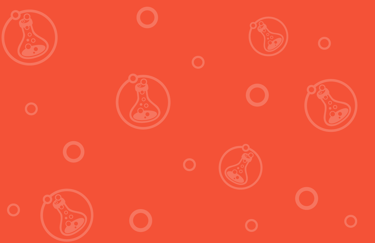Discover the Lab42 Neurodiversity Network

**First published on Safe In Our World on 18th of March 2024**
The 2022 Ukie UK Games Industry Census revealed that 18% of (or one in five) people working within the UK games industry are neurodivergent – which is between three and four times the rate in other employment sectors. Despite the significant percentage of neurodiverse folks working in the games industry, there has been very little research into why this correlation is so strong, and insufficient support and resource for employers and employees to best support their neurodiverse teams.
With such a high percentage of neurodiverse brains working in our industry, Sumo Group studios have been looking at the ways it can best support its teams – including Leamington-based Lab42. Since it was founded in 2015, Lab42 has successfully delivered a wide range of high-quality games, all without compromising its studio culture or the well-being of its team.
Working on such a mix of projects at any time means Lab42 employs by a wide range of people and, in 2023, the studio launched its internal Neurodiversity Network to provide support and resource for its neurodiverse team members.
Here, studio neurodiversity champion and Office Administrator Cindy Archer shares a peek behind the curtain of the Neurodiversity Network and offers practical advice on how studios can better support their neurodiverse teams.
What is the Lab42 Neurodiversity Network?
When I joined Lab42 in October 2022 I was immediately struck by a studio culture of openness, caring and empathy. Prior to joining, I had worked in a variety of industries including public sector work and have never before felt comfortable enough to disclose my neurodivergence and ‘unmask’ in the workplace. I didn’t even give it a second thought at Lab and now, as the studio’s Neurodiversity Champion, I have time dedicated to helping all our neurodivergent team feel valued and supported.
Lab42 is a studio at the forefront of neurodiversity support, with our Studio Operations & Engagement Manager Kirsty Kirby being a strong advocate for neurodiversity support in the industry and through our support of Ukie’s #RaiseTheGame pledge which aspires to create a diverse workforce and shape inclusive places to work. With so much great work happening already, I wanted to look internally and create a group where neurodivergent members of our team could share their experiences, ask questions and support each other… and so, the ‘Lab42 Neurodiversity Network’ was born!
To get started, we ran an internal survey for our 70+ team, which told us that around 40% of the participants identified as, or thought they might be, neurodivergent. This increased percentage on the national average inspired us to investigate further and we found that many of the participants identifying as neurodivergent did not have a diagnosis. With this in mind, we set out to make the Lab42 Neurodiversity Network somewhere that welcomed everyone – diagnosis or not – to bring their experience to the table and access the support they need. This could be anything from day-to-day advice and mental health support to helping in the pursuit of a diagnosis if that is something they want.
Since launching in February 2023, the network has been going from strength to strength. We have 20 members and counting and meet once a month. The meetings are a safe space for people to talk and share, and we have been delighted to welcome guest speakers to give insight into their experience and share tips and resources.
For our people, it’s a great way for them to experience commonality of experience, to help and guide each other through the diagnostic process and to host honest conversations. In addition, it’s a good opportunity for them to share with me how they’d like to see support for neurodiversity improve within the studio and what adjustments Lab42 could make to enable them to deliver their best work. I can then share this with Studio Management, and we can all work together to create an inclusive, productive and happy studio.
Neurodiversity can be a mountain to climb alone, and I’m so proud we’re able to create a safe space where people feel comfortable enough to be their authentic selves.
How to support your Neurodiverse Teams
When supporting neurodivergent people at work it's not rocket science… it’s just three simple principles: flexibility, communication and compassion. If you already strive to foster a workplace culture of openness and empathy, then you already have fertile ground to create a group like this in your own studio.
Here are some suggestions for making your studio a neurodivergent friendly space:
Flexible Hours: It’s good practice to introduce flexible working hours wherever possible. For me, as a person with ADHD, I find that I am much more able to focus if I have the flexibility to get up and move my body, which means I much prefer to take bitesize chunks of time throughout my day rather than an hour-long lunch time. At Lab42 we have core hours between 10am and 4pm, but I find having that bit of flexibility in the morning incredibly helpful on days when I am finding it difficult to get going due to executive dysfunction. Perhaps you have someone in your team who really switches on 2pm? Or struggles with function first thing in a morning? Try to find the balance within your teams and come up with a system that works for everybody.
Flexible working spaces: Some neurodivergences can cause a sensitivity to physical environment. Things like lighting (too dim or too bright), noise levels and foot traffic can have a detrimental effect on some peoples’ ability to feel comfortable and focus. Opening lines of communication for your people to share what works for them will really benefit you and your team members, and going into these conversations with an open-mind and a people-first approach will set you up for success.
Provide space for conversation: It sounds obvious, but having open and honest lines of communication with your team is essential when it comes to supporting neurodiverse people. As the survey we conducted showed, many of us are coming to the realisation we have been living with neurodiversity much later in life and this may make initiating a conversation with a line manager about seemingly ‘new’ needs difficult. Where possible, integrate neurodiversity awareness into staff training and make it a conversation for anyone to join in on at any time. We will never call out neurodiversity without consent from the person first, what we ideally want is a workplace culture where there is no stigma attached to neurodiversity and there is a level of trust where team members feel comfortable in disclosing and asking for support.
Everyone is different: No two brains are the same, and that goes for neurodivergent brains too. Listening to the needs of the individual and not taking a ‘cookie cutter’ approach to support strategies is important. We have all grown up in a world that was designed for the ‘neurotypical’ – from the strict routines and learning techniques of school, to adulting your way through life. I believe that allowing someone to work in a way that makes sense to them will be beneficial to everyone.
Educate yourself: There's no end of neurodiversity education resources out there, and a key characteristic of an effective manager is to be able to have informed and open conversations with all their reports. Chances are you will have some neurodiversity in your team, and even if this is undisclosed, expanding your knowledge will help you to bring out the best in all your team members. Some useful resources around neurodiversity include:
- SIC- Experts in disability and neurodiversity in the workplace (sicofficial.co.uk)
- The Brain Charity- Home - The Brain Charity
- Neurodiversity 101 - LinkedIn
- Safe in Our World- Safe In Our World Mental Health Charity for Gamers - Safe In Our World
What’s next for the Lab42 Neurodiversity Network?
I’m delighted to say that our first year of the Lab42 Neurodiversity Network has been a huge success, and we’re now working in collaboration with Sumo Nottingham to grow the network and expand the conversation.
My hope for the network is that it continues to grow and that we keep improving, educating and supporting our people however and whenever they need us. There’s still stigma around neurodiversity, and - depending on age, gender and culture – feeling ‘different’ can come with a sense of shame. As we grow the network, I hope more people will come to embrace the things that make them different and feel empowered to bring their authentic selves to work.
We have some exciting plans to further collaborate with Sumo Nottingham throughout 2024 and are looking to host a panel session all about supporting neurodiverse teams and encouraging open conversations.
Running the Neurodiversity Network has been an incredible experience so far. In my role, I really enjoy getting to know everyone at Lab42. I am a mental health first aider and want everyone to feel cared for and supported, the Neurodiversity Network is helping me to understand what kind of issues are specific to neurodivergent people and enabling me to help everyone achieve their best.
Keep up to date with all things Lab42 on X (formerly Twitter) and LinkedIn.
